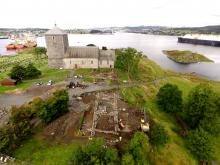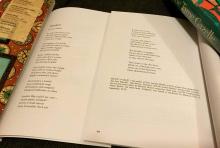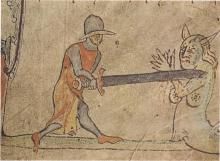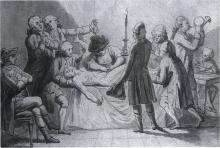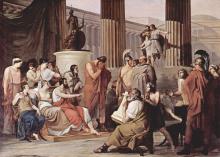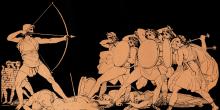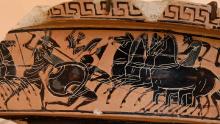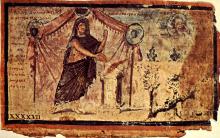The origin of skald's poetry Part 7
All these barbaric manifestations of hypertrophy forms were natural authorship, it is inevitable that an archaic personal poetry.
According to the assumption, similarities cultures old Irish old Norse effect relations prevailing in the Viking age between Scandinavia Ireland. However, a much more plausible seems to be the opposite: ties between Scandinavians and Irish in the Viking age (the difference in language) a consequence of the significant similarities between this era cultures.
- Read more about The origin of skald's poetry Part 7
- Log in to post comments


